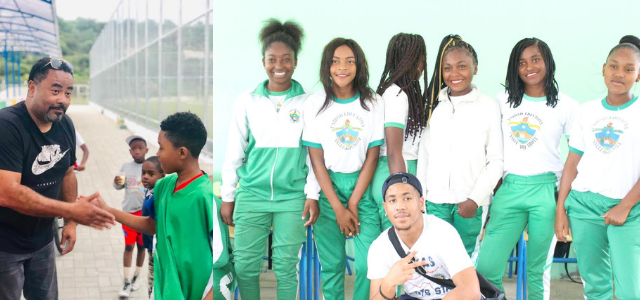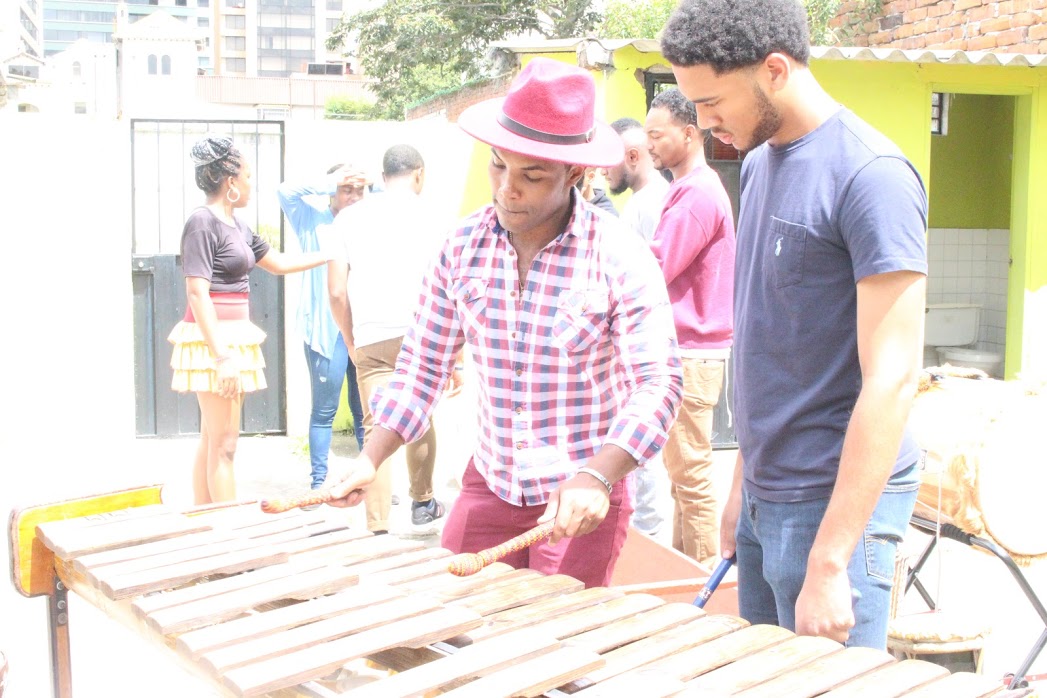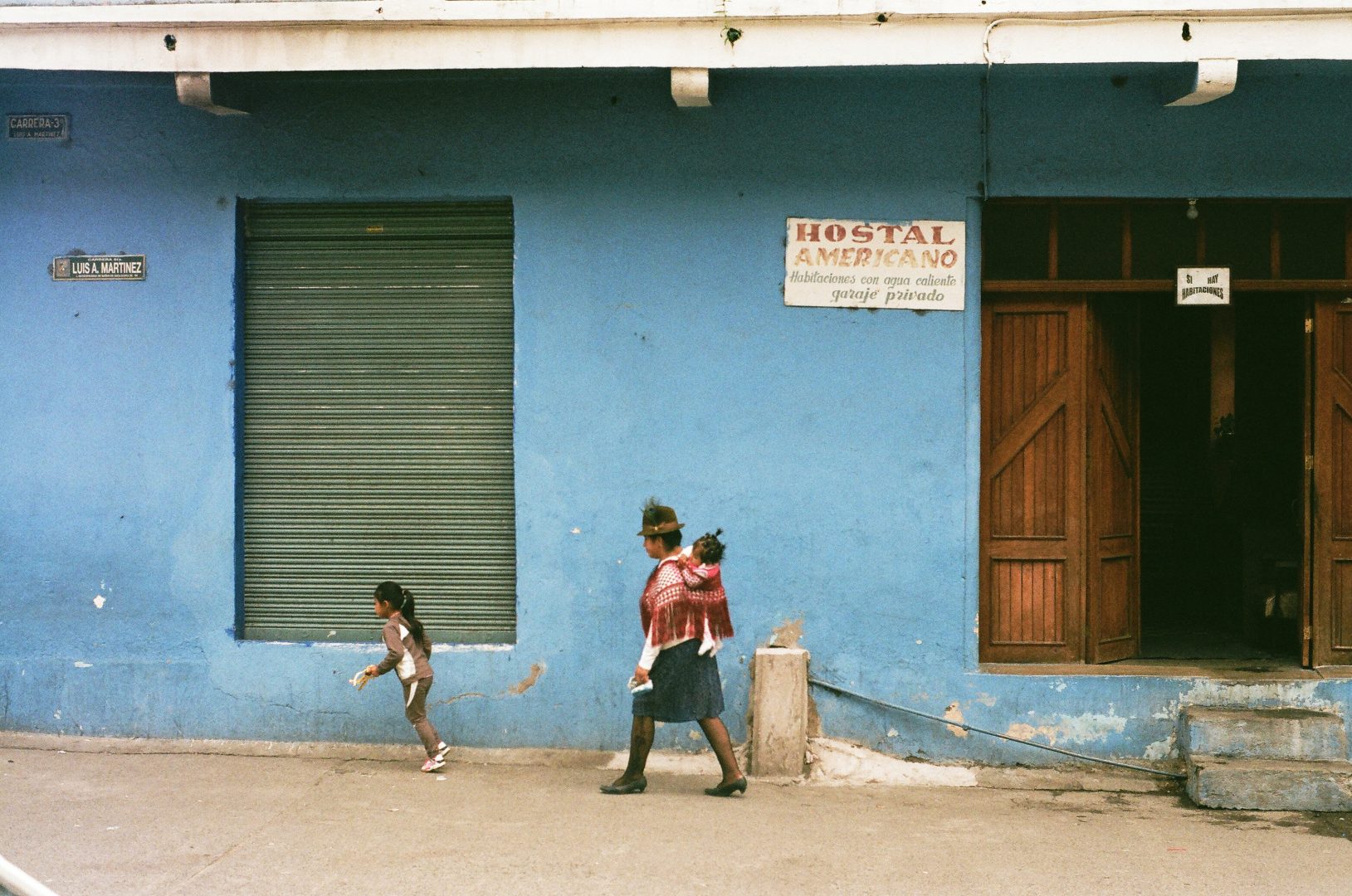Over the years, Global Exchange has enjoyed collaborating with Morehouse College, a liberal arts college in Atlanta, Georgia, to provide students and professors with a pan-African global experience. From Cuba to Ghana, we have explored socio-political, economic, artistic, and historical representations of race and ethnicity that have led to fruitful cross-border collaborations.
We are thrilled to have built upon this tradition by sending our first Morehouse custom Reality Tour to Ecuador, a country whose relatively small Afro-descendent population (just over 7 percent) faces disproportionate rates of poverty and unemployment while contributing tremendous artistic, athletic, and intellectual talent to mainstream society.

Our group met with Afro-Ecuadorian leaders working at various intersections of racial, economic, and environmental justice. José Chala, one of five Afro-Ecuadorian National Assembly members in an assembly of 137 people, spoke about his platform to increase Afro-Ecuadorian representation – from challenging Eurocentric educational curricula to the (re)naming of monuments and plazas.

From Quito, we traveled to Mr. Chala’s hometown region of the Chota Valley, where Afro-descendants make up over 75 percent of the population. Morehouse students exchanged with their high-school aged peers, playing bilingual hangman and trading dance moves. The school’s slogan “We are guardians of our ancestral cultural patrimony”prompted a reflection on the connection between the preservation of cultural heritage, the formation of group identity, and the advancement of inter-generational struggles for justice. A participate noted that in the U.S. this is also known as “staying woke”.

The Chota community welcomed the students warmly. The local Women’s Community Tourism Project arranged for homestays, providing students an opportunity to share meals and conversation with Choteño families. Ileana Caravali, a young Choteña leader showed the group incredible hospitality and was an inspiring example of female-led economic development through sustainable tourism in her community.

From Quito to Chota, the trip was infused with the Afro-Ecuadorian rhythm of the Bomba. The unifying nature of the drum across the African diaspora remained a present theme throughout, and the Morehouse group learned how to make the Bomba drum from Don Cristobal Barahona, how to play it from Limber Valencia, how to dance to it from Rosa Mosquera and Casa Ochun, and experienced it in a community gathering with La Banda Mocha, a world-renowned Choteño Bomba band.

The trip was also marked by a call to action: for international solidarity amongst the black diaspora and those allied to it. Miles Johnson, a sophomore at Morehouse College, reflects:
Many Afro-Ecuadorians are facing the same issues that African Americans are facing, however their problems and the problems of many other Afro-Latinos are not often recognized when discussions of systems against people of color arise within the United States. The trip showed me the importance of learning and understanding the culture, history, and current challenges of all individuals of the African Diaspora.
We are grateful to our Global Exchange Ecuador-based program leader, Yury Guerra, for his incredible work to make this trip possible.
